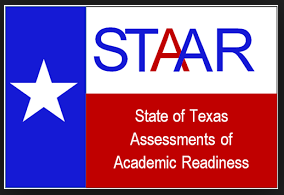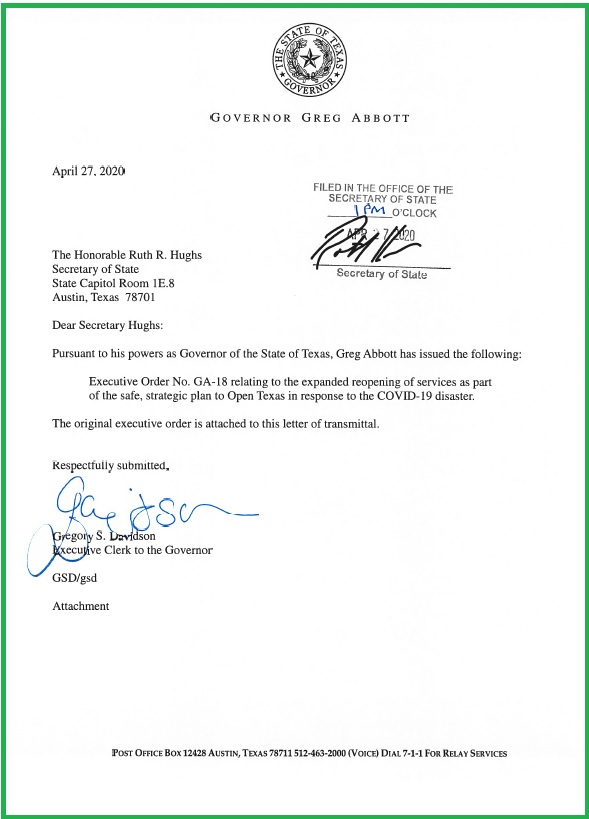Allen: STAAR an inacurate measure

By Richard Zowie
The Highlander
The Texas Education Agency recently released State of Texas Assessments of Academic Readiness (STAAR) for public schools state wide, and Marble Falls Independent School District (MFISD) Superintendent Chris Allen, PhD, believes the results are misleading if taken out of context.
“In some ways we exceeded the state averages, some ways exceeded and some ways finished below,” Allen said. “I don’t let STAAR shape my opinion overall, since I don’t believe it’s accurate.”
Results released for Spring 2017 are for grades three through eight. Reading and mathematics were assessed for grades three through eight, writing for grades four and seven, science for five and eight, then social studies for grade eight.
Most of MFISD’s scores look like they’re at or near state average, but some (such as seventh grade math at 47 percent to the state’s 68 percent; third grade math at 63 percent to the state’s 76 percent; eighth grade social studies at 50 percent to the state’s 62 percent) appear low.
Allen said while the scores concern him, he feels there’s an explanation for them.
“They concern me to the degree to which they shape public perception,” he said. “I don’t think STAAR is any way an accurate assessment of student learning. It’s not about how students do in class every day. I do think students learn at higher levels than that, but we use this data to see what we can do better.”
The superintendent described STAAR as “an accurate tool for ranking student performance, but not an accurate for measuring student performance.”
“It communicates to the public the high percentages of student population with low socioeconomic status. STAAR results show which are rich and which are poor, and it’s naïve to not think it’s designed to be that way.”
The MFISD school board met July 17 for a regular meeting, after the Tuesday edition of The Highlander went to press.






